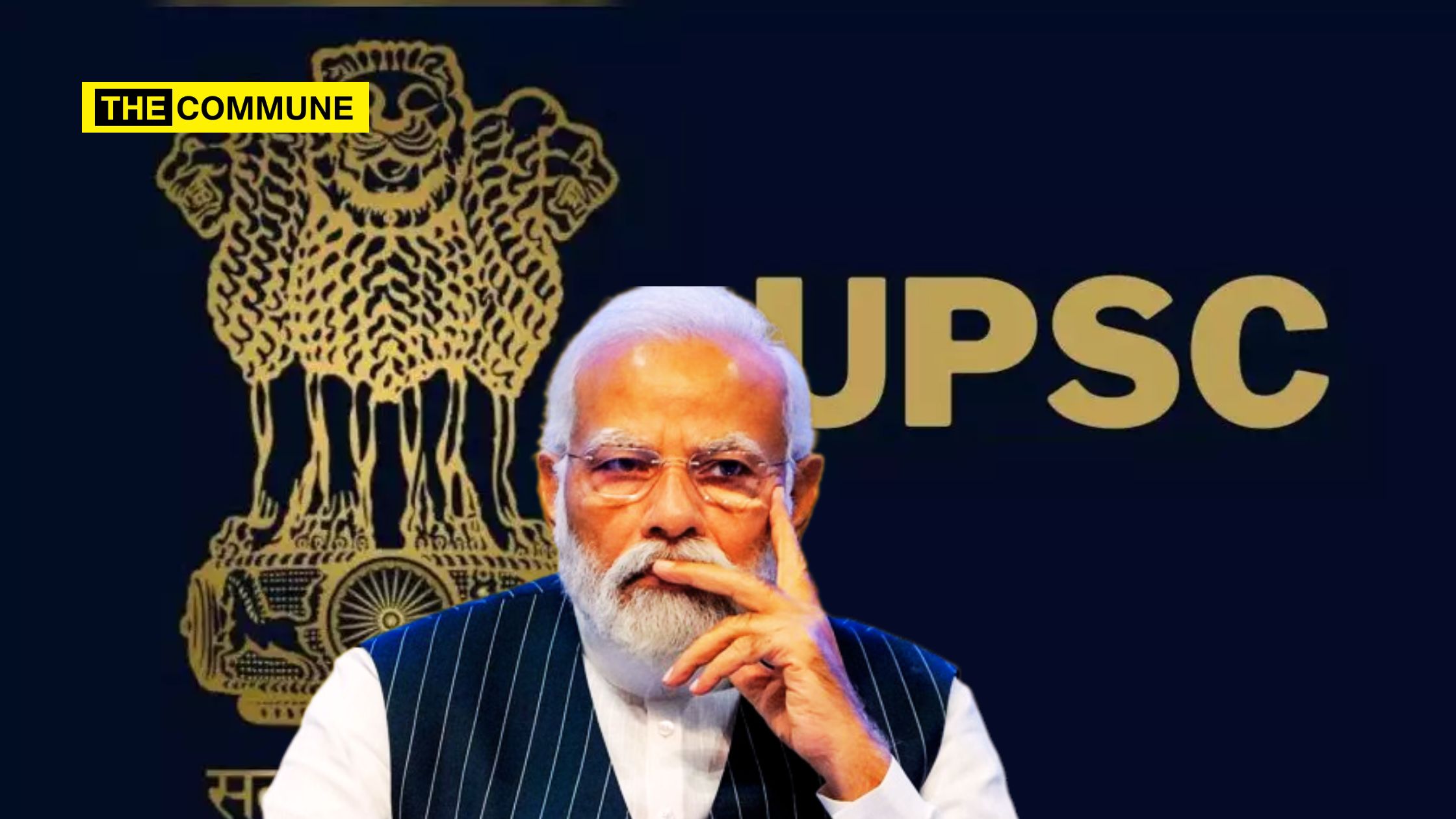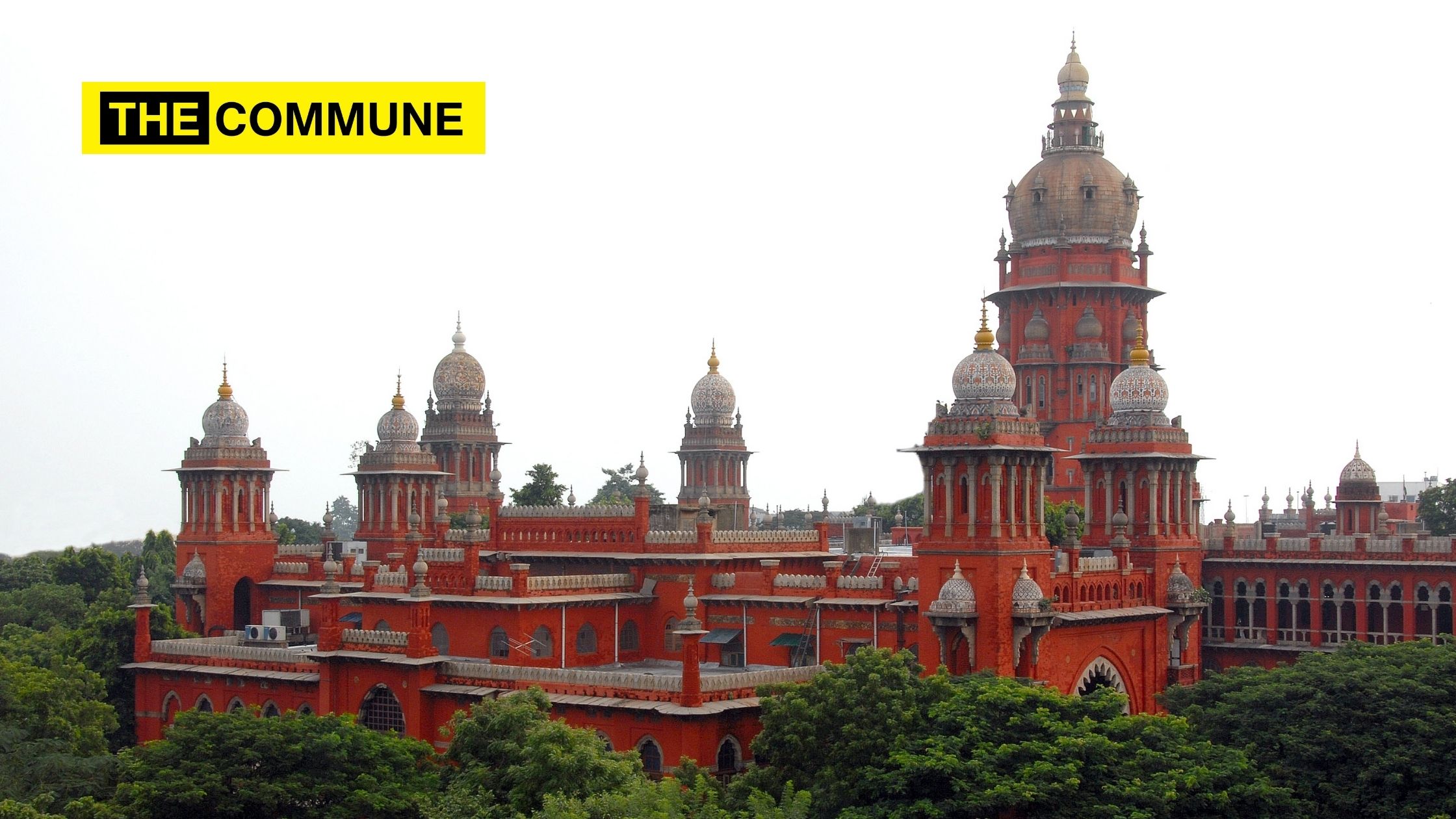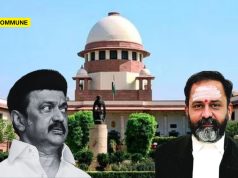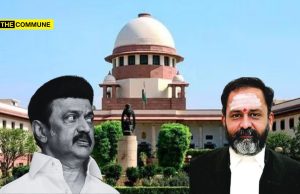
The central government directed the Union Public Service Commission (UPSC) to withdraw its recent notification inviting applications for lateral entry into the bureaucracy on 20 August 2024. The decision came just three days after the UPSC announced 45 vacancies for joint secretary and director-level positions in various ministries, with an application deadline for 17 September 2024.
The advertisement, which sought “talented and motivated Indian nationals for Lateral Recruitment,” faced strong opposition from several political parties, including the Congress, Samajwadi Party (SP), and Dravida Munnetra Kazhagam (DMK).
Lateral entry is an attack on Dalits, OBCs and Adivasis.
BJP’s distorted version of Ram Rajya seeks to destroy the Constitution and snatch reservations from Bahujans.
— Rahul Gandhi (@RahulGandhi) August 19, 2024
Resistance also came from within the ruling coalition, with BJP allies like Janata Dal (United) and Lok Janshakti Party (Ram Vilas) voicing their disapproval.
#WATCH | Patna, Bihar: On DoPT writing to UPSC chairman on cancelling lateral entry in UPSC, Union Minister Chirag Paswan says, "As the issue of Lateral entry came to our notice, I have been holding discussions with various departments. I also kept my views in front of the Prime… pic.twitter.com/JOWnjHjPvt
— ANI (@ANI) August 20, 2024
In contrast, the Telugu Desam Party (TDP) supported the move, arguing that lateral entry could improve the quality of governance.
Lateral Entry Details
The lateral entry initiative aimed to fill 10 joint secretary positions, including roles such as Joint Secretary for Digital Economy, FinTech, Cyber Security, and Investment in the Ministry of Finance, and Joint Secretary (Policy and Plan) for the National Disaster Management Authority under the Ministry of Home Affairs.
Opposition leaders criticised the policy for not including reservations for Scheduled Castes (SC), Scheduled Tribes (ST), and Other Backward Classes (OBC) candidates, calling it unconstitutional. The controversy surrounding the exclusion of reservations and the political pushback ultimately led to the government’s decision to retract the UPSC advertisement.
Union Minister for Railways, Information & Broadcasting, Electronics & Information Technology, Ashwini Vaishnaw, wrote on his official X handle, “Hon’ble PM @narendramodi Ji has always firmly believed in social justice. His programmes have advanced the welfare of the weakest sections of our society. The decision to align lateral entry with principles of reservation shows PM Shri @narendramodi Ji’s commitment to social justice.”
Hon'ble PM @narendramodi Ji has always firmly believed in social justice. His programmes have advanced welfare of the weakest sections of our society.
The decision to align lateral entry with principles of reservation shows PM Shri @narendramodi Ji's commitment to social…
— Ashwini Vaishnaw (@AshwiniVaishnaw) August 20, 2024
Following backlash against the removal of indexation benefits on long-term capital gains (LTCG), the Modi government offered taxpayers the option to pay a 20% LTCG tax with indexation benefits on the sale of property acquired before July 23, 2024.
Indexation adjusts the original purchase price of an asset to account for inflation, allowing taxpayers to reduce their capital gains tax burden by reflecting a more accurate cost of acquisition over time. Without indexation, long-held assets may show inflated gains that don’t accurately represent true profit, leading to higher tax liabilities. The recent amendments to the Budget have been viewed as a significant rollback of the earlier LTCG-related proposals, especially for the real estate sector. The government initially justified the removal of indexation benefits by offering a lower LTCG tax rate of 12.5 percent, but backlash from various stakeholders led to the reintroduction of indexation for properties purchased before July 23, 2024.
Under the amendments, taxpayers can now choose between the old regime, with a 20 percent LTCG tax and indexation, or the new regime, with a 12.5 percent tax without indexation, for property bought before the specified date. However, for properties acquired after July 23, 2024, the new regime will apply exclusively.
(With inputs from Swarajyamag)
This is the second
Subscribe to our channels on Telegram, WhatsApp, and Instagram and get the best stories of the day delivered to you personally.




